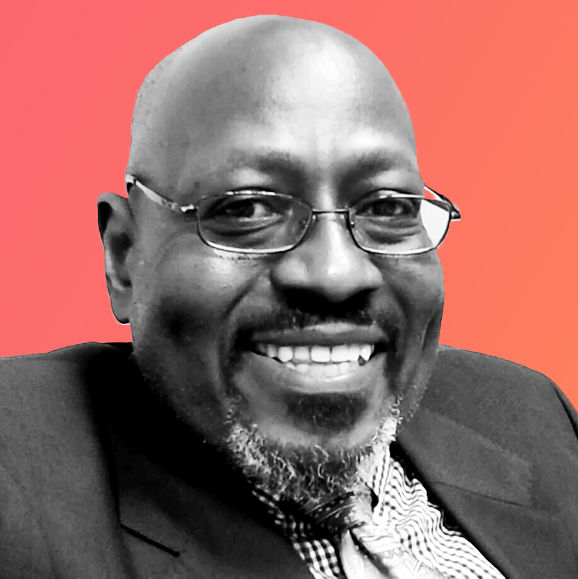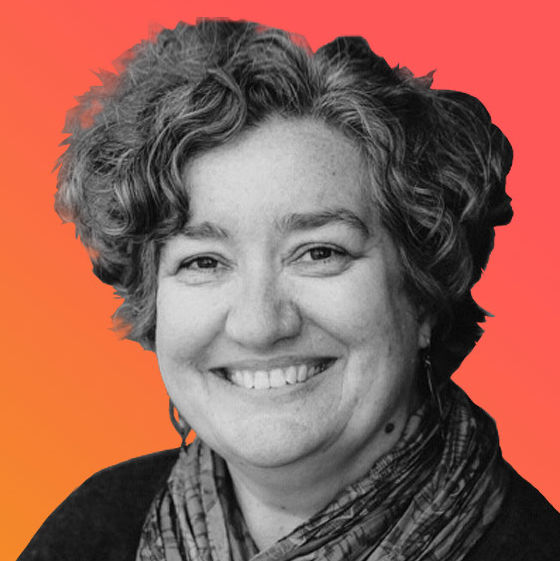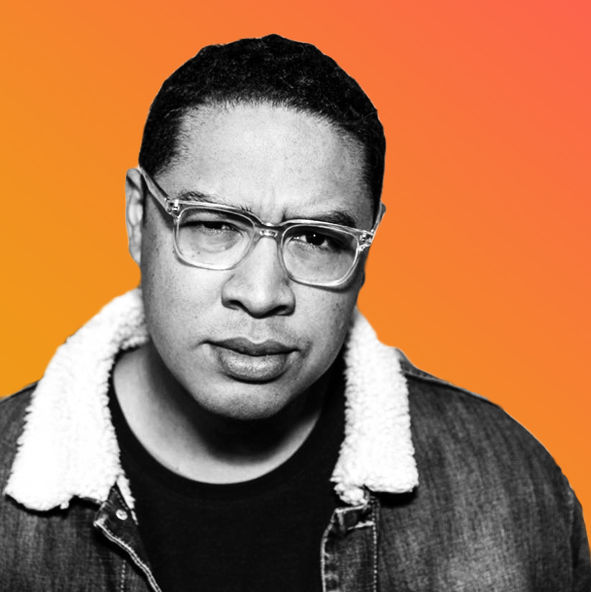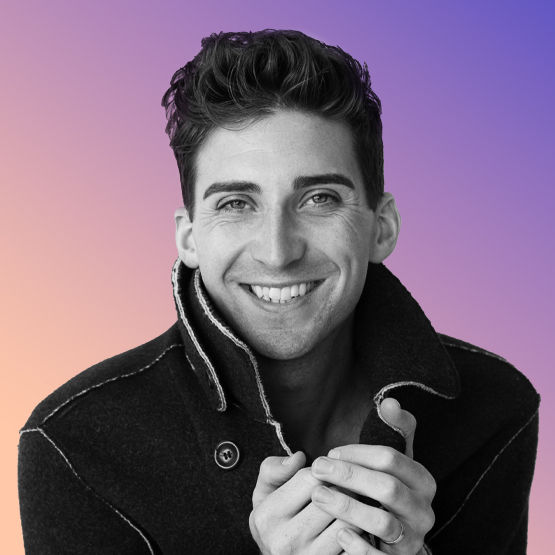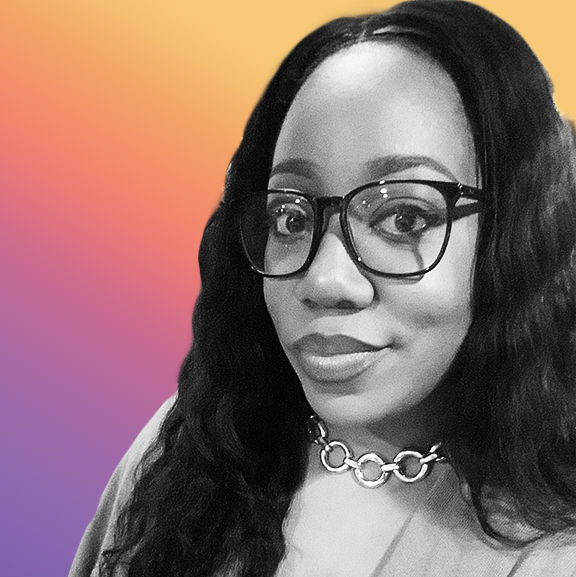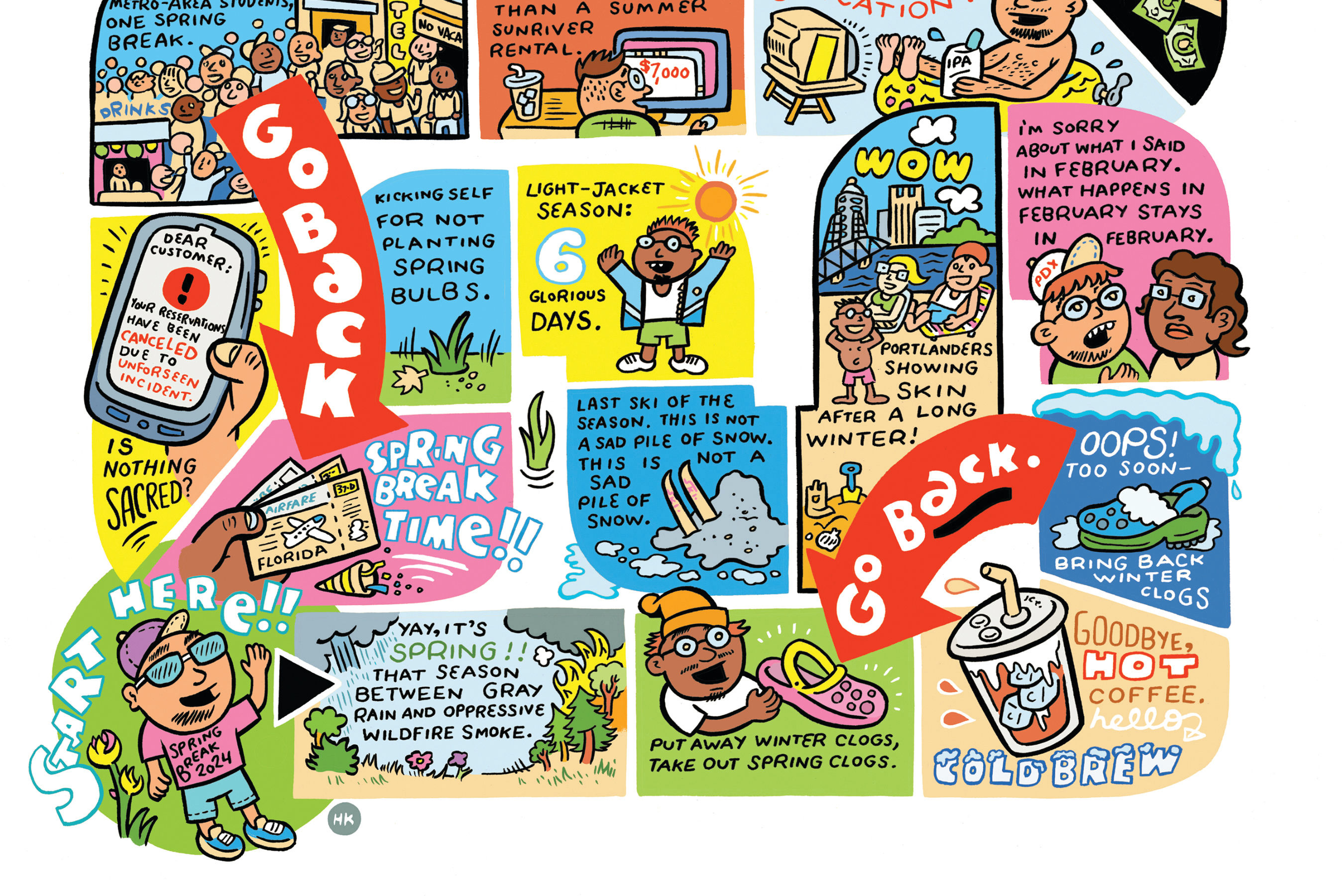A Portland Family Doctor Talks Protocols and Patient Treatment Under Coronavirus
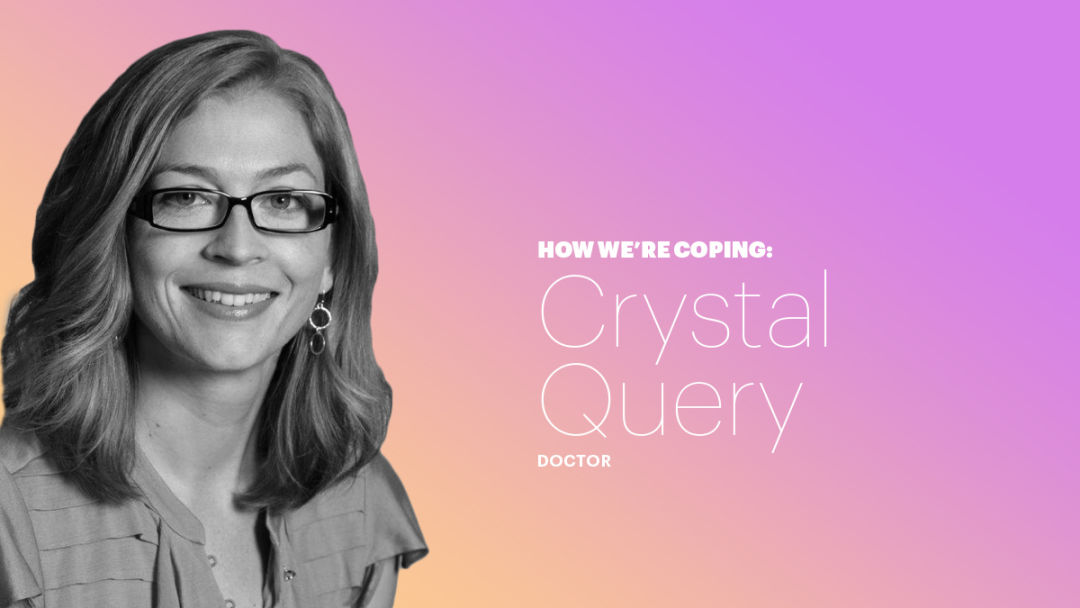
Doctors are at the front lines as our city and state gear up for the detection and treatment of COVID-19, and that applies even to those not working in hospitals or emergency medicine. Crystal Query is an MD working as a family doctor with Providence Medical Group at their North Portland clinic. We asked her about how she's coping, as her practice and profession make decisions about how to handle an unprecedented public health crisis.
“We’re trying not to see anyone in clinic at all now. We’ve switched visits to telephonic. If I see someone for, say, a sore throat, but with no fever, and no shortness of breath, so maybe no coronavirus, if they come in, I have to use a gown. But we have to save those—we only have 19 gowns right now.
"I’m doing telephonic visits for routine family practice stuff—we’re talking about their panic attacks, all the other things. If people have coronavirus symptoms, they have a whole different protocol. It’s very complicated, but basically there’s a whole team at Providence managing all those people, and either giving them advice if they’re mild symptoms to stay at home, and if they’re sick, we’re seeing them in the afternoon to test them for coronavirus. They have to be pretty sick to get a test—breathing pretty fast, so that you think they might need to go to the ER.
"We are saving morning essential visits for people who do not have corona symptoms, so the afternoon is for those who do. I don’t think anyone should come into clinic unless it’s an urgent thing. We have to wear full protective equipment for anyone with any symptoms. And because we don’t have much, we are the only ones that see them—the Medical Assistants don’t do it. Then we have to keep track of all the people who were exposed to that patient.
"I have an extremely high level of concern for this global pandemic and I feel a sense of urgency about practicing social distancing and keeping patients away from each other, and my colleagues. We are extremely high risk—we all sit next to each other, so we are trying to work staggered, and work from home.
"Maybe my way of handling it is to take control, and tell people what to do! I think that anyone who can should work from home. I’m trying to be as careful as possible. It’s such a crunch time—what we do today is so important, and we can’t always wait for someone higher up to say OK, we’ve officially gone through all the channels and you guys can work from home. By then we’ve already infected each other. I think about the example in Seattle with the doctor who had a test and just started using it even though she didn’t have approval—in times like this that are totally unprecedented, and when we don’t have a protocol, we have to be creative, innovative, and smart about things and not just be rule followers.
"I honestly don’t feel like my stress level is very high when I'm working because I'm just dealing with things as they come. It gets a lot higher when I get home and have time to process things. I think having amazing colleagues helps. Also, I feel really privileged that I get to be a physician and that I have this special knowledge and set of skills, and that I have a role in this crisis, however small it is. That gives me purpose and motivation. It would be really hard for me to just be sitting at home watching Netflix. That would make me feel a lot more anxious. I have a lot of compassion for people that aren’t able to work right now."


